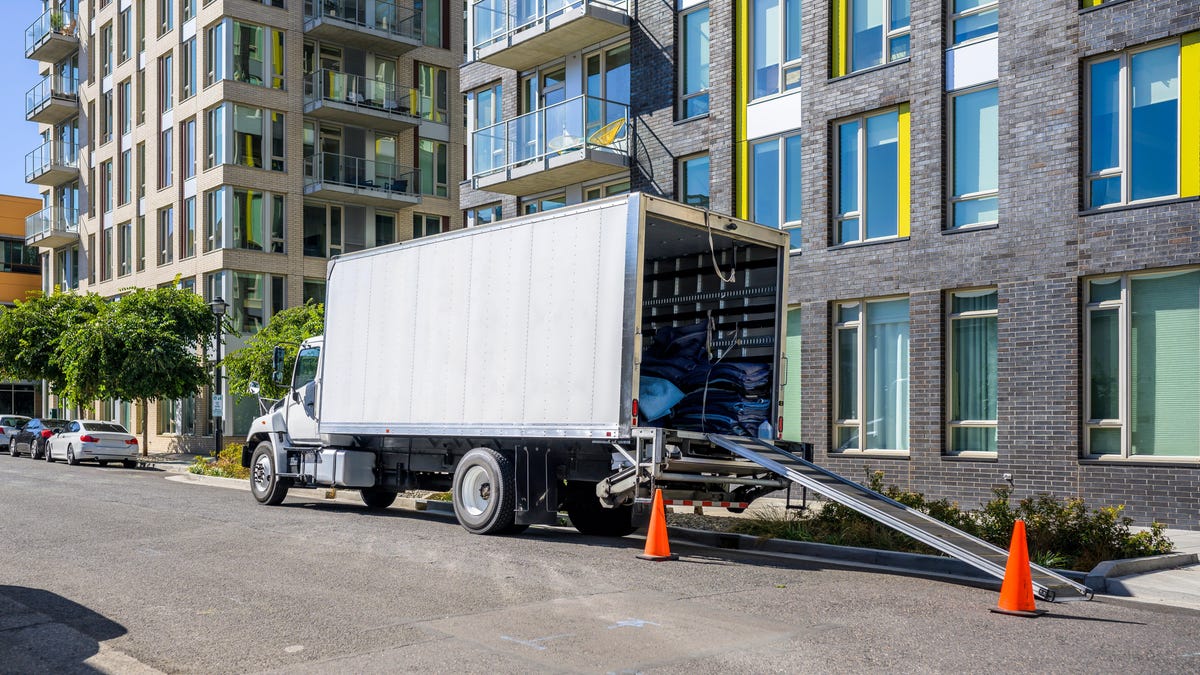How to Legally Ensure You Get Your Security Deposit Back
Security deposits are one of the many annoying things about renting a home or apartment. You have to fork over a lot of extra money upfront before you can move in—on top of the initial month’s rent, plus the...


Photo: Vitpho (Shutterstock)
Security deposits are one of the many annoying things about renting a home or apartment. You have to fork over a lot of extra money upfront before you can move in—on top of the initial month’s rent, plus the last month’s rent they may demand—with the idea it will be used for major repairs to fix any damage you may cause while living there. You are entitled to get it back when you move out if the apartment is in good shape, which might literally stay your hand next time you want to punch your wall because the landlord has failed to fix your leaking sink, but we’ve all heard horror stories people not getting theirs back for totally arbitrary reasons.
Don’t assume your security deposit is lost to a maniacal landlord. You actually have some rights here.
How can a landlord use a security deposit?
According to Find Law, which rounded up
various state
laws pertaining
to security deposits, landlords can use the money from yours
for a few different purposes, which
vary from
state to state. M
ost states don’t allow the landlord to use that money to cover repairs on “normal wear and tear,” like smudges on the walls or damage carpet might incur from frequent use.
If you burn a hole in something, cause
water damage, or do
something more serious that the landlord will have to fix before someone else moves in
, they
may be able to use your security deposit to make repairs.
If you default on rent, landlords can also dip into that security deposit to cover you in some states.
What you can do to secure your deposit
If you want to ensure your deposit’s safe return, inspect the unit when you move in and make a detailed report of any maintenance issues. If and when you ask for those to be repaired, make sure you keep records. When you leave, go over the place again. If the damages you earlier noted are still present, make that clear in your records. If there is no damage, make that clear, too. If you don’t keep records, it can be easy for a landlord to say you owe for damages that may or may not even exist.
G/O Media may get a commission

Up to 85% off
Jachs NY Summer Sale
Styles starting at $10
This sitewide sale will prepare you for any style situation that may arise in the transition between seasons—whether it be a henley and jeans or a button up and chino shorts moment.
Each state has its own set of laws determining how long your landlord has to return your deposit to you. In most cases, they have to provide you an itemized statement of the repairs they made. Any leftover money when the repairs are completed must be returned to you.
Most states require this return, whether of the full amount or an adjusted amount, within 14 to 60 days of you moving out. In most cases, they also have to provide you with the list of deductions. If they don’t, you are typically legally entitled all of your money back. One Reddit poster even shared how they countersued their landlord over a claim of ruined carpet because the landlord didn’t provide the list of deductions from the security deposit in their state’s required time frame. Per the Redditor, the landlord sued for $4,000, but ended up having to pay them $2,000.
It’s on you to keep records of the damage (or lack thereof) to the property and read up on laws that protect you in your state. The main thing to remember is that if your landlord is giving you a hard time about returning your security deposit, you do have options—and could even make some extra money if they don’t follow the law.

 Lynk
Lynk 































